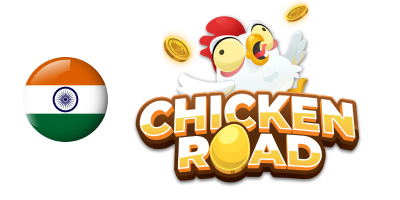Gambling can be a fun and exciting activity, but for some people, it turns into an uncontrollable urge that negatively impacts their lives. Gambling addiction, also known as compulsive gambling, is a serious issue that affects millions worldwide. If you or someone you know is struggling with gambling addiction, understanding the problem is the first step toward recovery.
Understanding Gambling Addiction
Signs and Symptoms
How do you know if gambling has become an addiction? Here are some common signs:
- Feeling the need to gamble with increasing amounts of money.
- Lying to friends or family about gambling habits.
- Chasing losses by gambling more to recover lost money.
- Borrowing money or selling possessions to fund gambling.
- Feeling restless or irritable when trying to cut down or stop gambling.
Psychological and Financial Impact
Gambling addiction affects both the mind and the wallet. Many people experience anxiety, depression, and even suicidal thoughts due to gambling losses. Financially, it can lead to debt, bankruptcy, and loss of valuable assets.
Causes of Gambling Addiction
Psychological Triggers
Gambling addiction often stems from deep psychological factors, including:
- Escapism: Using gambling to escape stress or personal issues.
- Thrill-seeking behavior: The rush of winning can become addictive.
- Cognitive biases: Overestimating the chances of winning or believing in “hot streaks.”
Social and Environmental Factors
- Peer pressure from friends or family who gamble.
- Exposure to gambling at an early age.
- Easy access to online gambling platforms.
Effects of Gambling Addiction
Financial Consequences
Gambling addiction can drain personal finances, leading to:
- Mounting debts and unpaid bills.
- Legal issues due to unpaid loans or fraud.
- Bankruptcy and loss of property.
Relationship Issues
- Strained relationships due to secrecy and financial struggles.
- Loss of trust from loved ones.
- Social isolation due to excessive gambling.
Mental Health Impact
- Increased anxiety and depression.
- Heightened stress levels.
- Risk of self-harm or suicidal thoughts.
How to Overcome Gambling Addiction
Self-Help Strategies
- Set limits: Restrict the amount of money and time spent on gambling.
- Find alternative activities: Engage in hobbies that keep your mind occupied.
- Avoid triggers: Stay away from casinos, betting sites, and gambling advertisements.
Professional Treatment Options
- Therapy: Cognitive Behavioral Therapy (CBT) helps change gambling behaviors.
- Medication: Some medications can help reduce gambling urges.
- Rehabilitation Programs: Inpatient and outpatient programs offer structured recovery plans.
Support Groups
- Gamblers Anonymous (GA): A 12-step program for gambling addicts.
- Online forums and communities: Connect with others facing similar struggles.
Family and friends: Lean on loved ones for emotional and financial support.






